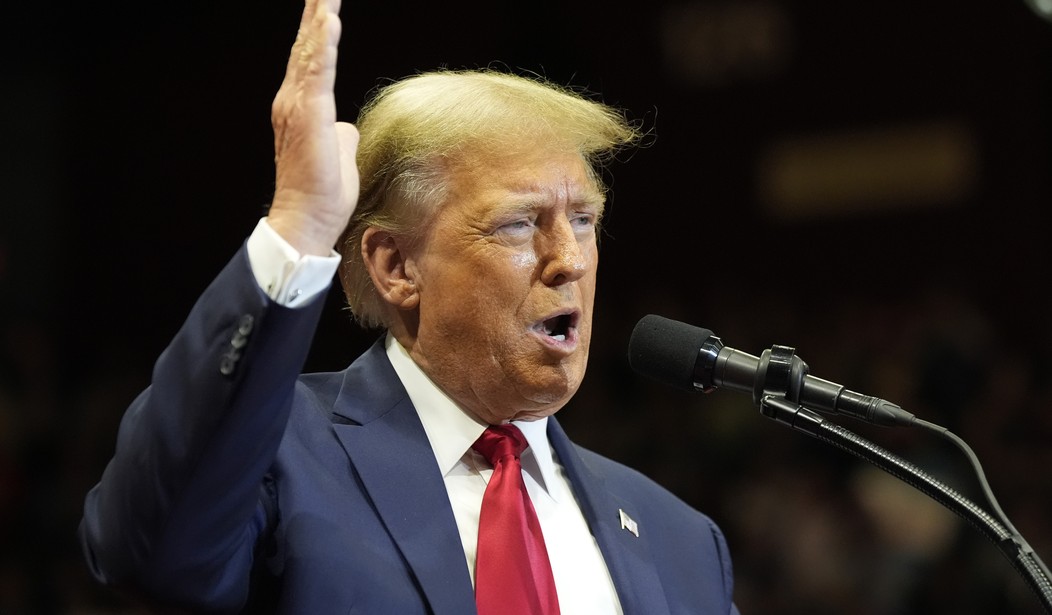The Supreme Court of the United States will decide if former President Trump can be prosecuted on election interference charges.
On Wednesday, the SCOTUS said that it would hear arguments and issue a ruling on the immunity claim on April 22, resulting in the case being put on hold. This means no trial can take place.
According to the order, the case could take months to resolve.
A trial was initially set for March 4, however, Trump’s case has been on pause while the former president pushes for an immunity appeal in the lower courts.
The order states that the court will decide "whether and if so to what extent a former president enjoy presidential immunity from criminal prosecution for conduct alleged to involve official acts during his tenure in office.”
If the former president wins, the case will be dismissed. However, even if Trump loses, the trial date will be pushed well past the November presidential election.
On February 6, a three-judge panel of the U.S. Circuit Court of Appeals for the District of Columbia ruled against Trump, stating: “For the purpose of this criminal case, former President Trump has become citizen Trump, with all of the defenses of any other criminal defendant. Former President Trump lacked any lawful discretionary authority to defy federal criminal law and he is answerable in court for his conduct."
Recommended
However, the court granted Trump time to file an emergency request with the higher court, which would prevent the decision from taking place.
The judges claimed it would “collapse our system of separated powers.”
Trump's legal team has argued that former and current presidents should automatically have immunity for official acts and that Trump’s actions regarding his so-called “interference” in the 2020 election results were part of his official duties.

























Join the conversation as a VIP Member